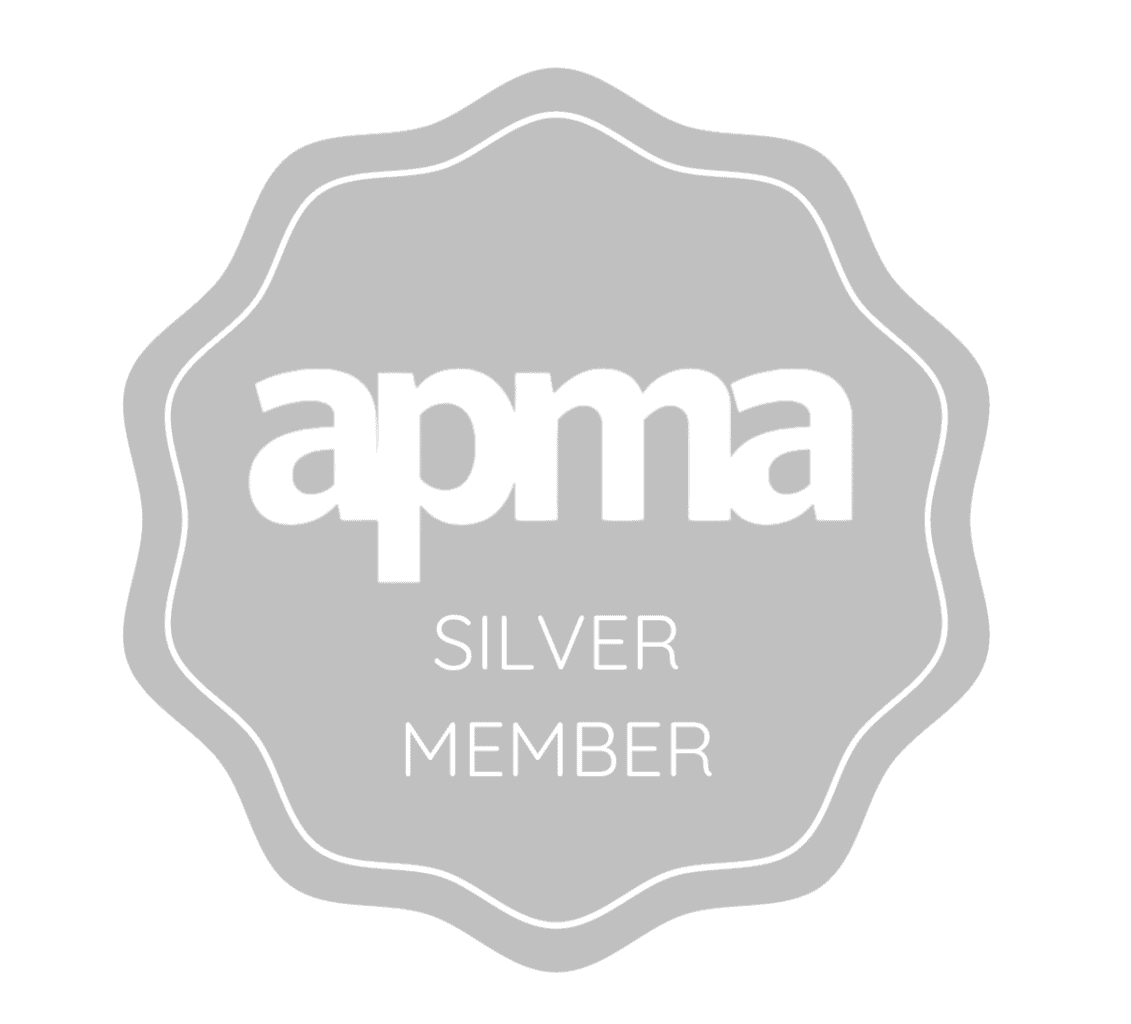Duncan “The POGG” Garvie is the Manager and ADR official of ThePOGG.com, a casino review and player complaint management site. Through this role Garvie has become something of an affiliate guru, and can regularly be found assisting members of the affiliate community with complaints against the programmes that they work with. More recently, Garvie has spearheaded a drive for the formation of an affiliate-focused trade union. Affiverse caught up with him to find out more.
AI: Hi Duncan, firstly why do you believe an affiliate trade union is necessary?
The POGG: The affiliate operator relationship is very skewed towards the operator. The operator sets the terms. The operator receives the service in advance of payment. The operator greater resources at their disposal and generally has a legal team on staff. The operator controls where and when payments are made.
Despite already having all these advantage some affiliate programs still feel that it is okay to change the terms of the agreement after they’ve received traffic from the affiliate. They use terms to justify this that provide the affiliate with no recourse other than to accept the new terms and the inevitably lower rate of remuneration that they offer of to close their accounts entirely, forfeiting the revenue that they would have been due based on their historic referrals.
This type of action is financial hostage taking, it is entirely unethical and it is not behaviour that any respectable business should be engaging in. If similar strategies were to be applied to their player base – changing the rules after a player deposited – the operator in question would quickly find themselves in hot water with regulatory agencies and player communities alike.
Despite this, a significant number of affiliate programs seem to feel that this type of action is acceptable and even normal. Not worthy of comment.
Up till now affiliates have no good choices when a program chooses to act in this manner other than to take the hit financially or to try and challenge the operator via the relevant court systems. Legal action can be very costly, very risky and almost unquestionably the operator will be able to invest more resources in the case than the affiliate would. It’s not a good option.
That’s why affiliates need to engage in collective action to protect their rights.
AI: Can you briefly describe how it would work, and in which ways it would differ from a union representing a different industry?
The POGG: The first thing to emphasise is that the Affiliate Union will NOT try to dictate which programs an affiliate can work with. To my mind this is the core reason that other efforts to organise affiliates has failed.
The primary strategy that the Affiliate Union will seek to use to protect their members rights is mass coverage of problem actions taken by affiliate programs.
Each member will have the right to raise an issue with the Affiliate Union. The Union will then contact the program in question to see if an amicable solution can be worked out. If no solution can be reached the Union will then prepare a brief of the issue that will be distributed to the membership. The membership will then take a vote on whether or not the Union should take action on behalf of the complaining affiliates.
Where a 55% majority of the membership votes in favour of taking action the Union will then prepare a template statement detailing the issue and the Union’s support of the member. After pre-publication legal review this template statement will be distributed to those members that voted in favour of the action. Those members will then be asked to construct their own post based on the template statement to include on their site. Each affiliate will be required to place a link in their post to one of the other member’s articles. In this manner we would hope to achieve widespread coverage of any questionable behaviour by an affiliate program by employing a carefully considered linking strategy ensure that the various posts both rank well and benefit the posting affiliate’s site.
The thought process behind this is simple – no affiliate program wants negative press. By working together we would hope to generate enough pressure to discourage affiliate programs from engaging in predatory behaviour.
Further to this, by not requiring those that vote against the action to post anything, where an affiliate works closely with a program and would jeopardise their relationship with the program by posting a critical article, we offer those affiliates an ‘opt out’ on an issue by issue basis. This strategy allows the affiliates with little or nothing to lose in any given situation to stand-up for those affiliates who are held hostage by their current financial relationship.
There will eventually be a second tier or membership that will include affiliates those willing to jointly fund legal action where the membership determines – after legal advice – that there is a viable case to pursue. This will be launched later on after the initial Media membership is launched and will be optional.
AI: How can interested affiliates get on board with this idea?
The POGG: At the present time I’d like affiliates who are interested to let me know via email at [email protected]. We are currently compiling a mailing list for launch. The website for the Affiliate Union is currently being constructed and at the point of launch we will make another media drive to ensure everyone is aware of the new project.
AI: More broadly, the affiliate marketing sector is going through a particularly turbulent time at the minute. What are your predictions for the future?
The POGG: Regulation of the online gambling sector is only going to get tighter as time passes. The UK’s the first market to really start stamping their authority but others will follow. I’d predict a couple of different things:
- i) Affiliates that are not holding to advertising standards in the UK could well find themselves directly targeted by the Advertising Standards Agency for fines. (To date we’ve only seen operators subjected to fines for their affiliates actions.)
- ii) As more governments get involved the requirements in different jurisdictions are going to become a tangled mess. The days of having one site catering for all visitors may be coming to a close and affiliates may find themselves having to show entirely different pages based on the geo-location of the visitor.























